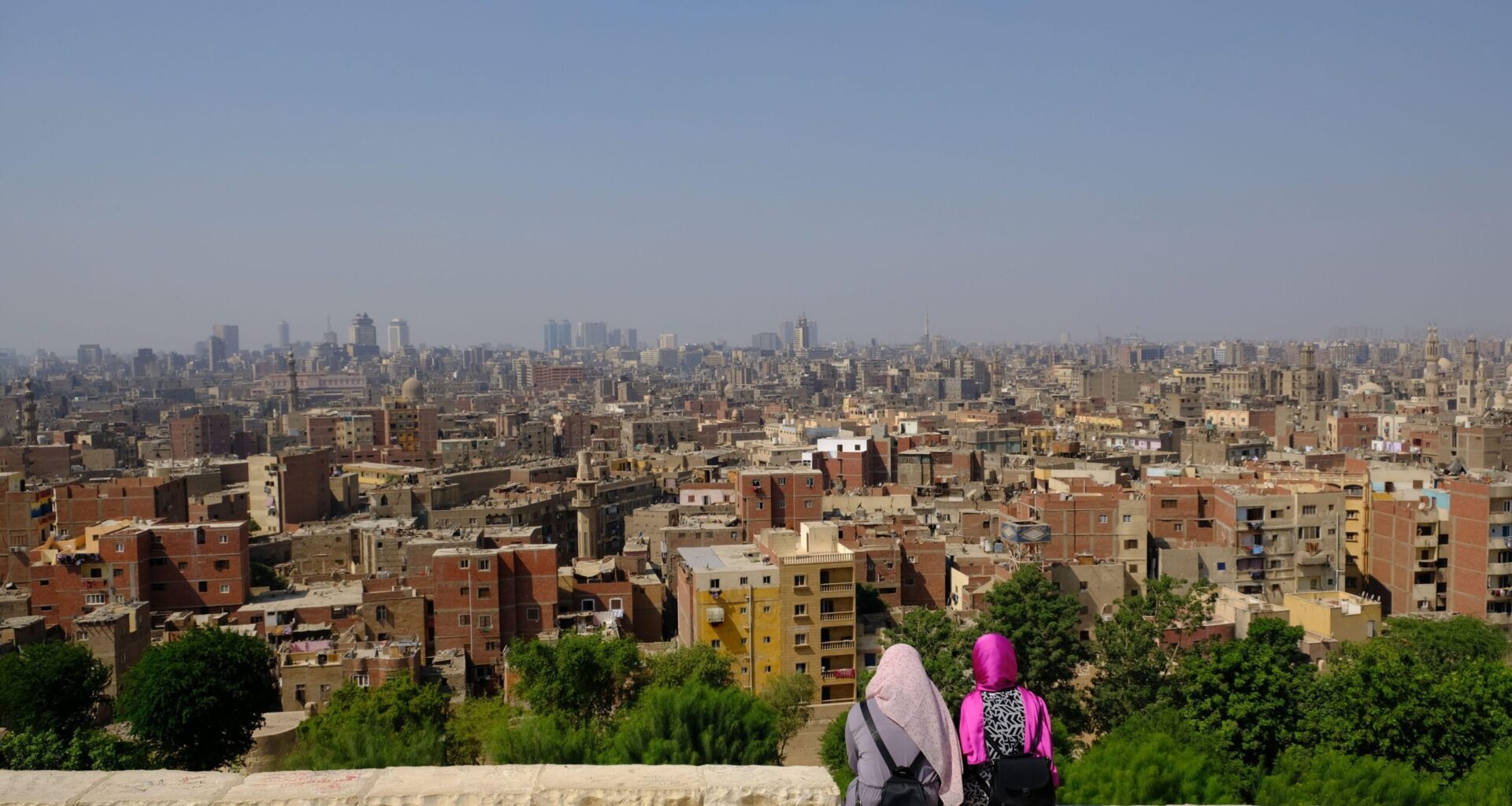More privatisation called for
IMF review postponed
Egypt needs to speed up privatisation and reform of public enterprises to ensure continued support by the International Monetary Fund and Gulf oil producers, a US-based global association of financial institutions believes.
The conflict between Israel and Iran has again demonstrated that Egypt continues to be heavily susceptible to external shocks impacting the region, the Washington-based Institute of International Finance (IIF) said.
Beyond the external risks, domestically, the biggest risk for Egypt is “policy backsliding”, the institute said in a report sent to AGBI on Friday.
“Egypt has enjoyed the strong backing of both the IMF and its GCC partners over the past few years, but some tensions are starting to appear,” said the IIF, whose members consist of more than 400 banks and financial institutions in 60 countries.
It said Egypt has made good progress on many of the structural benchmarks established under the IMF programme, but it continues to lag when it comes to the privatisation of state assets.
The IMF’s decision to postpone its fifth review and combine it with a sixth review in the autumn not only delays much needed disbursements, but points to a dissatisfaction with the progress the authorities have made, the report said.
“The divestment programme in Egypt is an important pillar for both IMF and GCC financing, making it an acute short-term risk moving forward,” it added.
The GCC states of Saudi Arabia, Kuwait, Qatar, Bahrain, Oman and the UAE have been among the largest aid donors to and investors in Egypt.
The London-based International Institute for Strategic Studies, citing Arab League data, said GCC aid to Egypt totalled nearly $48 billion between 2011 and 2023.
Egypt has also finalised one of its largest foreign investment projects with the UAE, which will pump in nearly $35 billion for the development of the Northern Mediterranean town of Ras Al-Hekma.
The deal was signed last year between Egypt’s government and the Abu Dhabi Developments Holding Company (ADQ).
A total of $150 billion will be invested to develop Ras Al Hekma into a “fully functional urban community”.
